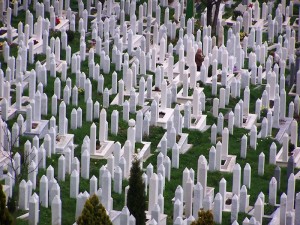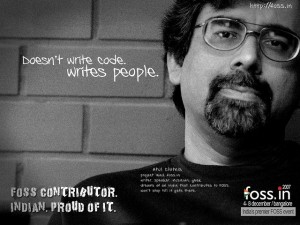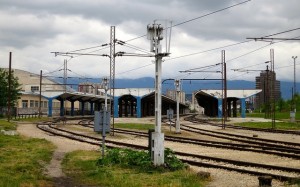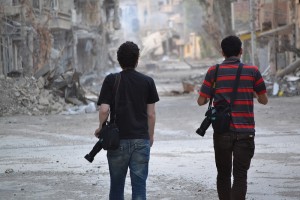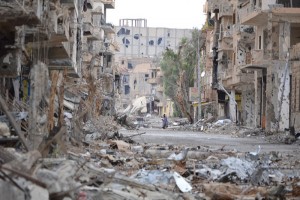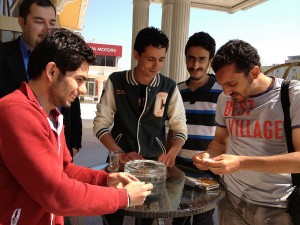For the first time in the history of this site I have been mostly silent for almost a month, choosing instead to spend time with family, and act as a good tour guide for visiting friends here in Portugal. A sort of regrouping as over the past few months several issues have arisen and plans have fallen through that left me confused about how to proceed.
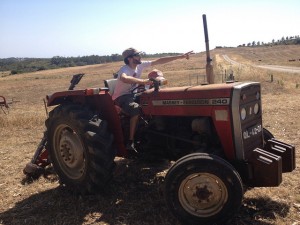 One issue is perhaps familiar to many freelancers out there in these times of economic difficulty and the decline of paid journalism, a client who will not pay for work that I have been doing for several months. It is probably a legal issue to even mention it so I’ll just leave it at that, those that do similar work are probably all too familiar with the issue so I don’t even have to explain further. The kind of unexpected development that leaves one financially crippled and looking for any available solutions in the short term, including falling back and regrouping in a country where life is cheaper and family can provide a little comfort for a few weeks.
One issue is perhaps familiar to many freelancers out there in these times of economic difficulty and the decline of paid journalism, a client who will not pay for work that I have been doing for several months. It is probably a legal issue to even mention it so I’ll just leave it at that, those that do similar work are probably all too familiar with the issue so I don’t even have to explain further. The kind of unexpected development that leaves one financially crippled and looking for any available solutions in the short term, including falling back and regrouping in a country where life is cheaper and family can provide a little comfort for a few weeks.
While I have been on this hiatus I also did something I have never felt comfortable doing, applying for funds from a foundation in order to do a podcast project. Those familiar with this site know that direct donations from readers and listeners has long been the way to go when it comes to funding my work. No middle person or hoops to jump through, no having to explain my work to people in a position of power who have little idea of what this world of personal media is all about. Somehow, presenting myself here in this forum has long been something I feel more comfortable with than trying to write an essay or submit a proposal in some formal manner. Even crowdfounding our project last year felt more natural and logical than sitting before a committee of 4 judges. There may even be a committee out there that would understand my work and their financial backing would probably be more than I usually can raise on my own, but to this point, I still feel that this here is where I belong and where I am understood. The world out there, filled with forms and hierarchies, thats the world where I get strange looks and disparaging comments. Though I have to admit things have come a long way from the days of having to explain what a blog is or why podcasting is interesting.
It is fitting that setbacks come around the same time that the summer hits and my family gathers in the country that shaped a big part of who we are. It gives me a chance to reconnect with my roots, to reflect on how I got here and why I do what I do. Surely days spent on the beach watching my niece and nephew play in the sand are good for the soul and will become the fuel I need to make things happen and push on with my journalistic-artistic mission that has been playing out on this website for more than 10 years now. It may take some time and there will surely be more disappointments in the future, but recharging and regrouping is just what was needed at this point in my life-career.
What comes next? I’ll show you, very soon.
